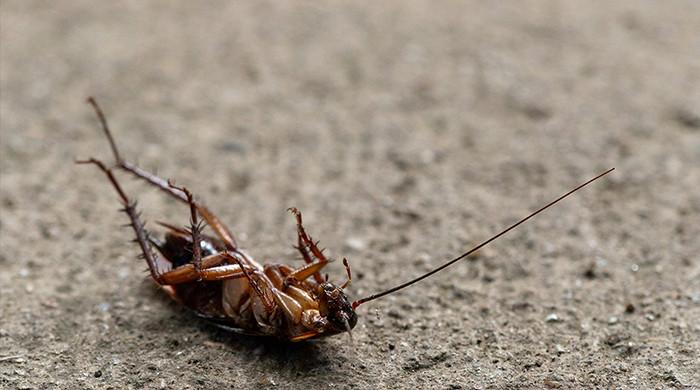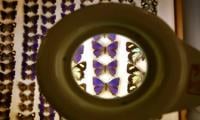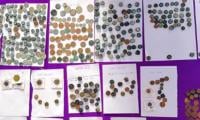Study raises alarm over online images further enhancing gender stereotypes
Online images shape our perceptions and underscore need for more inclusive visual narrative for proper representation of women
A recent study based in the US has shed light on a disconcerting trend of gender bias that is harmful not only to women alone but also to men.
According to the research conducted by the University of California, Berkeley, online images are reinforcing gender stereotypes to an alarming extent, potentially contributing to lasting biases against women.
The study, published in the journal Nature, takes into account the portrayal of gender roles in over one million images sourced from platforms like Google, Wikipedia, and the IMDb film database. The findings were striking, revealing a significant under-representation of women, exacerbating gender biases across various social categories, including professions like doctors and roles such as neighbours or colleagues.
Lead author Douglas Guilbeault, a researcher at UC Berkeley, expressed deep concern about the implications of this trend. "The potential consequences this can have on reinforcing stereotypes that are harmful, mostly to women, but also to men," he warned, highlighting the broader societal impact of skewed online representations.
The researchers discovered that images perpetuated gender biases more strongly than accompanying text. For instance, the stereotype associating women with nursing was found to be consistently stronger in images compared to textual descriptions. This disparity was not limited to the United States, as the study drew on images from various global websites.
Study co-author Solene Delecourt highlighted a potential consequence for children exploring professions online, saying, "They may feel like they don't belong if they only see images of one gender."
The study also underscored that images are not only more memorable but also emotionally evocative, potentially deepening the impact of these biases.
To gauge the psychological impact, the researchers conducted experiments with 450 participants who searched for specific jobs online, either through images or text. The results were revealing, showing that those exposed to images exhibited a more pronounced gender bias, persisting even three days later.
As society grapples with the shift towards image-centric communication, the study called attention to the role of online platforms in amplifying gender biases through their visuals.
With the rise of artificial intelligence-driven image generators, the researchers cautioned that biases entrenched in existing online images could be perpetuated.
In a world increasingly reliant on digital communication, addressing these biases becomes imperative. The study prompts us to reflect on the images shaping our perceptions and underscores the need for a more inclusive visual narrative in the digital realm.
-
'Who's it?' Late-night doorbell prank mystery ends with bizarre twist
-
When blue met green: Jaybirds create a one-of-a-kind hybrid
-
Australian scientists grapple with 'despicable' butterfly heist
-
Floods from Koh-e-Suleman bring 2,000-year-old coins to Punjab
-
Octopus boom triggers ‘perfect storm’ for Britain’s shellfish trade
-
Cambridge can’t escape ‘skibidi’ as Gen Z slang adds 6,000 fresh entries
-
Italian Brainrot: The AI memes only kids know
-
Nasa's Curiosity rover discovers coral-like rock on Mars












